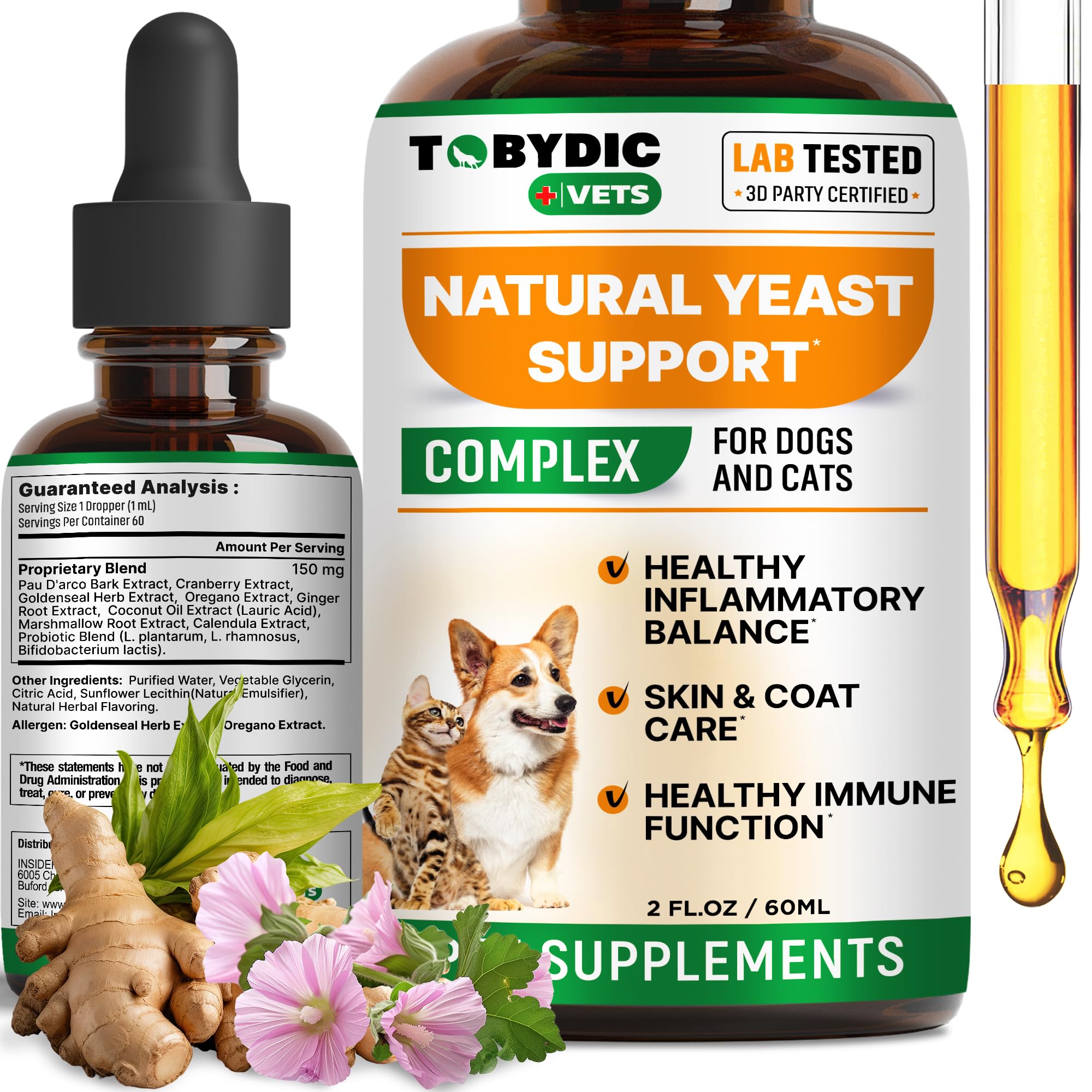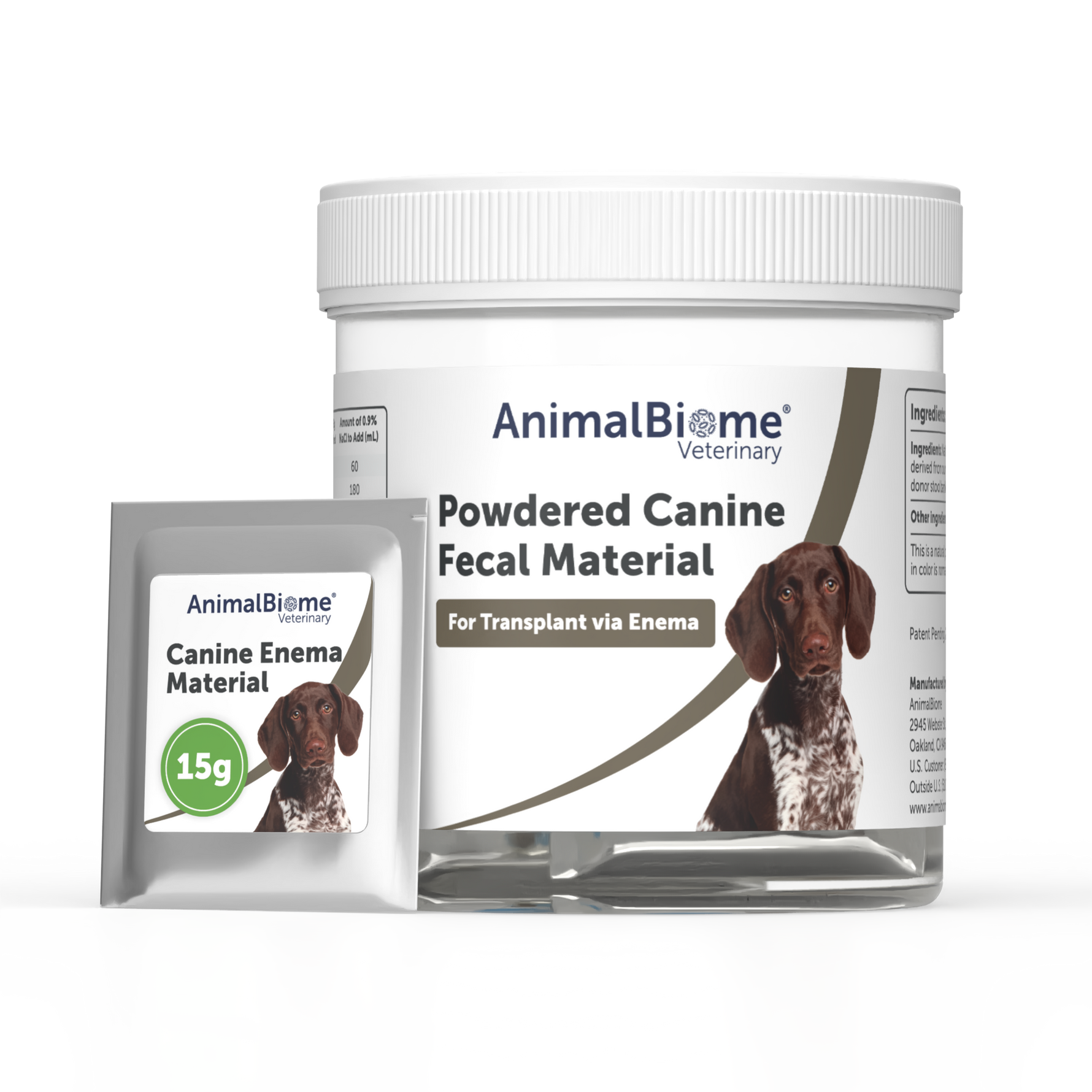Are you wondering what treats are truly good for your furry friend? Choosing a healthy snack for your dog isn’t just about spoiling them—it’s about keeping them happy, energetic, and strong.
You want to give your dog something tasty, but also safe and nutritious. You’ll discover simple, easy-to-find snacks that your dog will love and that support their health. Keep reading to find out how you can make snack time both enjoyable and good for your dog’s well-being.
Credit: kohapet.com
Importance Of Healthy Snacks
Healthy snacks for dogs play a vital role in their daily diet. These treats support overall well-being and keep dogs happy. Choosing the right snacks helps maintain energy levels and promotes good health. Dogs enjoy treats, but not all snacks are safe or beneficial. Healthy snacks add nutrients without extra harmful substances.
Benefits Of Nutritious Treats
Nutritious treats provide essential vitamins and minerals. They help strengthen the immune system. Healthy snacks improve digestion and skin condition. Dogs with balanced snacks tend to have better teeth and gums. Nutritious treats can also support weight management. Giving healthy snacks encourages good behavior during training.
Avoiding Harmful Ingredients
Many dog treats contain harmful additives and fillers. Ingredients like artificial colors and preservatives can cause allergies. Sugars and salt may lead to obesity and health problems. Some snacks include toxic ingredients like chocolate or xylitol. Reading labels carefully protects dogs from these dangers. Choosing natural, simple ingredients keeps dogs safe and healthy.

Credit: www.facebook.com
Essential Nutrients For Dogs
Healthy snacks for dogs provide more than just taste. They supply vital nutrients to support growth, energy, and overall health. Understanding these essential nutrients helps select the best treats for your furry friend.
Protein And Fiber
Protein builds strong muscles and repairs tissues. It also supports the immune system and keeps dogs active. Good sources include lean meats, eggs, and some dairy products.
Fiber helps digestion and keeps the stomach healthy. It prevents constipation and supports weight control. Vegetables like carrots and green beans offer natural fiber for dogs.
Vitamins And Minerals
Vitamins support many body functions such as vision, skin health, and energy production. Important vitamins include A, D, E, and B-complex. Fruits and vegetables often contain these vitamins.
Minerals like calcium, phosphorus, and potassium strengthen bones and teeth. They also help with nerve and muscle function. Balanced snacks ensure dogs get these minerals regularly.
Natural Snacks Options
Natural snacks offer a healthy and tasty way to treat your dog. These snacks come from simple ingredients found in nature. They provide vitamins and minerals without harmful additives. Natural snacks help maintain your dog’s energy and support overall health. Choose snacks that are safe and easy to digest. Avoid anything that might upset your dog’s stomach or cause allergies.
Fruits Safe For Dogs
- Apples (seedless and sliced)
- Blueberries
- Bananas (in small amounts)
- Watermelon (seedless)
- Pears (without seeds)
- Strawberries
Fruits are sweet and full of vitamins. They make great natural treats. Remember to remove seeds and cores. Feed fruits in moderation to avoid stomach upset.
Vegetables Dogs Love
- Carrots (raw or cooked)
- Green beans (steamed)
- Sweet potatoes (cooked)
- Cucumber slices
- Peas
- Broccoli (in small amounts)
Vegetables provide fiber and nutrients. They also help keep teeth clean. Serve vegetables plain, without salt or spices. Always introduce new veggies slowly to watch for reactions.
Homemade Treats
Homemade treats offer a safe and healthy way to spoil your dog. They let you control every ingredient and avoid harmful additives. Making snacks at home also allows customization for your dog’s tastes and dietary needs. It can be a fun activity that strengthens the bond between you and your pet.
Simple Recipes
Easy recipes use few ingredients and require minimal time. One popular option is peanut butter and pumpkin bites. Mix whole wheat flour, canned pumpkin, and natural peanut butter. Roll the dough, cut into small shapes, and bake until firm. Another choice is frozen yogurt drops made from plain yogurt and mashed bananas. Freeze them in small molds for a cool treat.
Ingredients To Use
Choose ingredients that are safe and nutritious for dogs. Fresh fruits like apples and blueberries provide vitamins and antioxidants. Vegetables such as carrots and sweet potatoes add fiber and minerals. Lean proteins like chicken or turkey are great for muscle health. Avoid foods toxic to dogs, including chocolate, grapes, onions, and artificial sweeteners.
Store-bought Healthy Treats
Store-bought healthy treats offer a quick and convenient way to reward your dog. They come in many flavors and types, designed to be tasty and nutritious. Choosing the right treats helps maintain your dog’s health and happiness. Knowing what to look for ensures you pick treats that support your dog’s diet.
Choosing Quality Brands
Quality brands use natural ingredients and avoid fillers. They often include real meat, vegetables, or fruits. Trusted brands test their treats for safety and nutrition. Avoid treats with artificial colors or preservatives. Select brands known for transparency about their ingredient sources. High-quality treats usually cost more but offer better health benefits.
Reading Labels Correctly
Reading labels helps you understand what is inside the treat. Look for treats with limited ingredients. The first ingredient should be a named meat or fish. Check for added sugars or salt and avoid them. Beware of vague terms like “meat by-products.” Look for treats with no artificial additives or chemicals. Nutritional information can show calorie content and protein levels.
Customizing Treats For Your Dog
Customizing treats for your dog means creating snacks that fit their unique needs. Every dog has different tastes, health conditions, and energy levels. Personalized treats keep your dog happy and healthy. This approach helps avoid health issues and makes treat time special.
Considering Allergies
Some dogs have food allergies or sensitivities. Common allergens include wheat, dairy, and certain proteins like chicken. Avoiding these ingredients is key. Use safe alternatives like sweet potatoes or pumpkin. Watch for signs like itching, redness, or upset stomach. Treats free from allergens protect your dog’s health.
Tailoring To Age And Size
Young puppies and senior dogs need different nutrition. Puppies require more protein and energy to grow strong. Older dogs benefit from treats with joint support and fewer calories. Small dogs need smaller, bite-sized treats. Large dogs require bigger portions to satisfy hunger. Adjust treat size and ingredients to fit your dog’s age and size.
Moderation And Frequency
Feeding your dog healthy snacks supports their well-being. Moderation and frequency are key to avoid overfeeding. Treats should complement, not replace, regular meals. Giving snacks in the right amount keeps your dog happy and healthy.
Serving Sizes
Small dogs need smaller snack portions than big dogs. Too much can cause weight gain and health problems. Use the dog’s weight to decide the snack size. A general rule: treats should not exceed 10% of daily calories.
- For small dogs, offer one or two small bites.
- Medium dogs can have a few more pieces.
- Large dogs may get larger or more snacks.
Check the treat package for serving suggestions. Adjust amounts based on your dog’s activity and health.
Balancing With Regular Meals
Snacks should fit into your dog’s daily meal plan. Reduce meal portions if treats are given often. Avoid feeding treats right before or after meals. Keep snack times separate to maintain appetite for main meals.
Use treats mainly for training or rewards. Make sure your dog eats balanced meals for proper nutrition. Avoid too many snacks to prevent nutritional imbalance and obesity.

Credit: www.facebook.com
Frequently Asked Questions
What Makes A Snack Healthy For Dogs?
A healthy dog snack is low in calories and free from harmful additives. It includes natural ingredients like lean meats, vegetables, and fruits. These snacks provide essential nutrients without causing weight gain or digestive issues. Always choose treats that support your dog’s overall health.
Can Fruits Be Safe Snacks For Dogs?
Yes, many fruits like apples, blueberries, and bananas are safe for dogs. They offer vitamins, antioxidants, and fiber, promoting good digestion and immunity. Avoid toxic fruits such as grapes and cherries. Always feed fruits in moderation to prevent stomach upset.
How Often Should I Give My Dog Snacks?
Limit treats to 10% or less of your dog’s daily calorie intake. Frequent snacking can lead to obesity and nutritional imbalance. Use healthy snacks for training or occasional rewards. Consult your vet for personalized snack frequency based on your dog’s health.
Are Homemade Dog Snacks Better Than Store-bought?
Homemade snacks allow you to control ingredients and avoid preservatives. They can be fresher and tailored to your dog’s dietary needs. However, store-bought snacks can be convenient and nutritionally balanced if chosen carefully. Always check for high-quality, natural ingredients.
Conclusion
Healthy snacks keep dogs happy and strong. Choose treats with natural ingredients and low sugar. Avoid harmful foods like chocolate or grapes. Small portions are best for dogs’ health. Fresh fruits, vegetables, and lean meats make great snacks. Always watch how your dog reacts to new treats.
A balanced diet helps your dog live longer. Treats should support their energy and well-being. Simple, healthy snacks bring joy and health together. Care and attention make all the difference.







